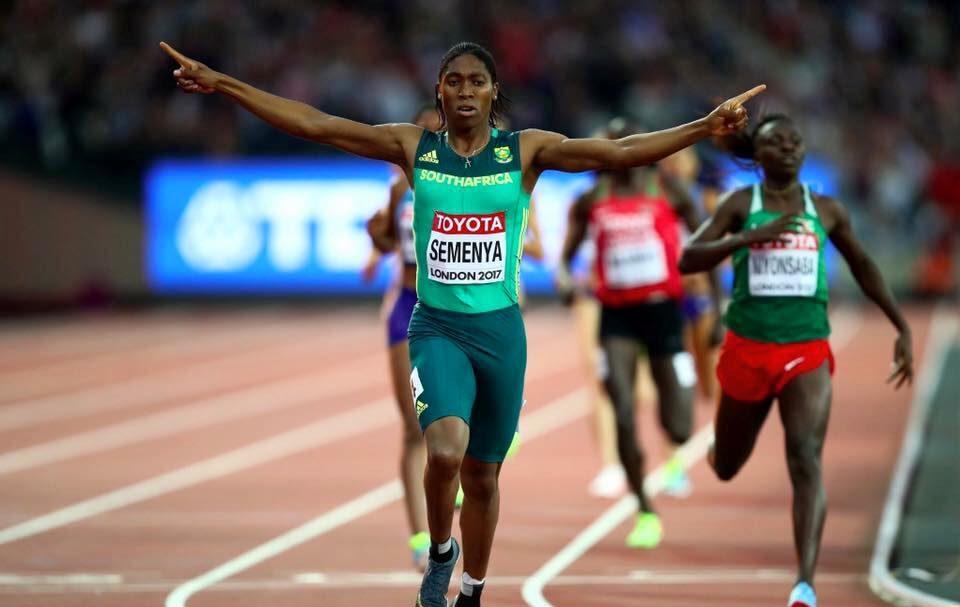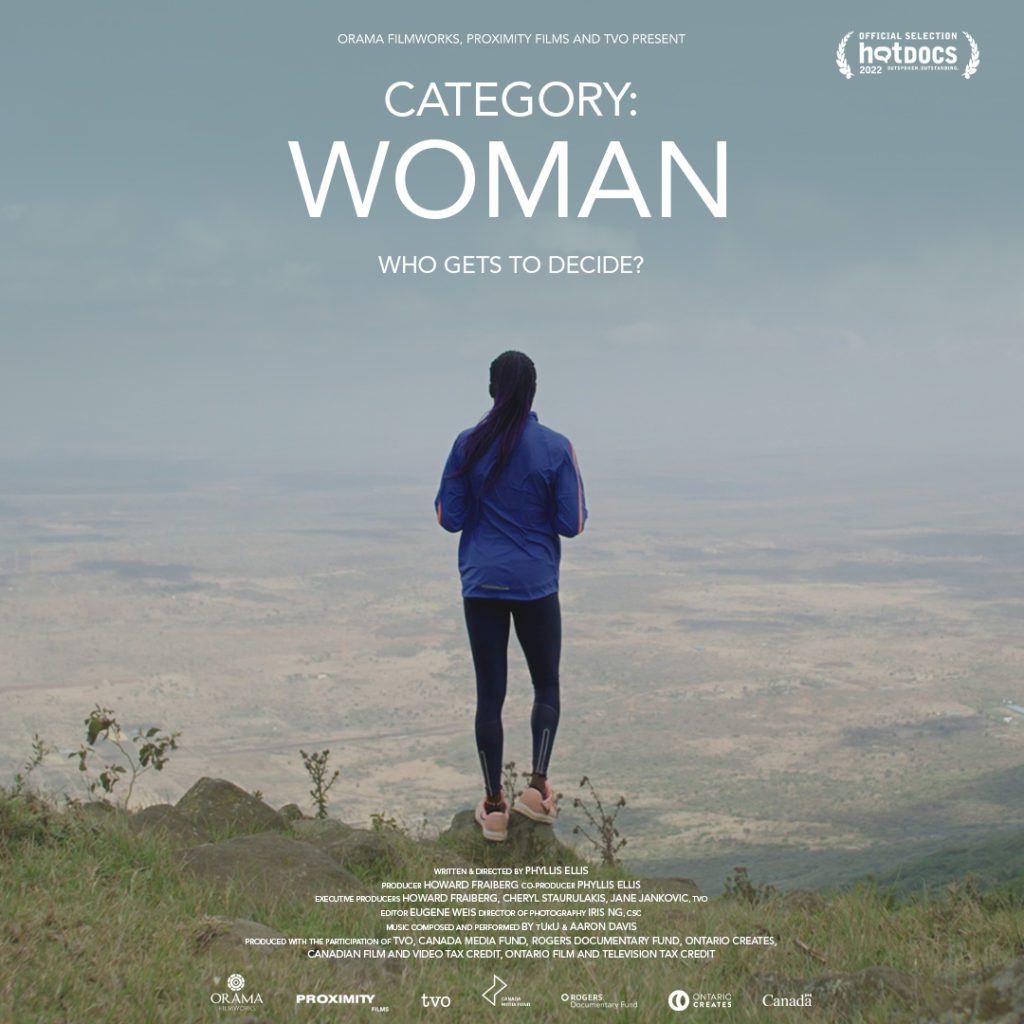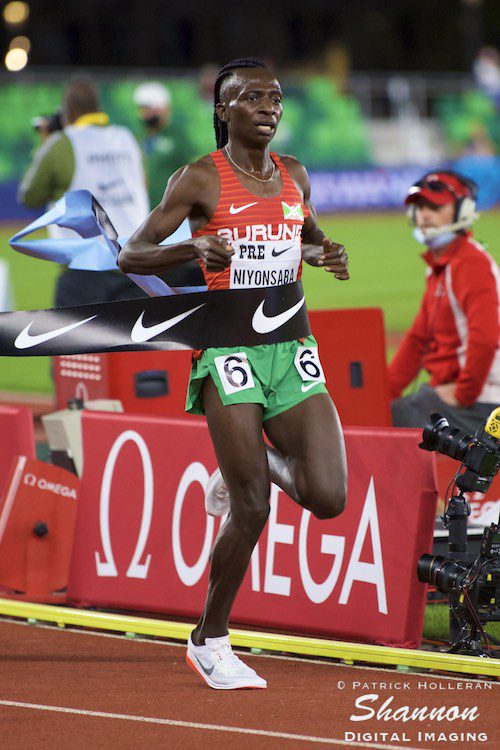New Canadian documentary explores Caster Semenya story in human-rights terms
Category: Woman, directed by 1984 Canadian Olympian Phyllis Ellis, is highly critical of the treatment of DSD athletes

1984 Olympian Phyllis Ellis’s new documentary, Category: Woman, which will premiere at Toronto’s Hot Docs festival on Sunday, makes a compelling case that the treatment of female track and field athletes with DSD (differences of sexual development), including 2016 Olympic gold medallist Caster Semenya and others, constitutes repeated and ongoing violations of their human rights.

The film documents the efforts of U.K.-based activist Payoshni Mitra to advocate for four such athletes through various legal challenges against those who seek to limit their participation on the world stage.
“I had the great pleasure of meeting Dr. Payoshni Mitra and becoming quite interested in the activist and advocacy work she was doing,” says Ellis, who played on the 1984 Olympic women’s field hockey team. “Looking at the policing of women’s bodies and having the privilege of meeting women who had been affected by these regulations, I felt that it was an important story to tell.”
Track fans have been aware of this story since 2009, when Semenya won the 800m final at the 2009 IAAF World Championships in Berlin in 1:55.45, and was soon after subjected to sex testing and her private medical information exposed to the public.
It is now widely known that Semenya is a woman with DSD, which is sometimes referred to as hyperandrogenism; she was raised as a girl and identifies as a woman, but has higher testosterone than what is considered the normal range for female athletes. Ever since her debut on the world stage, she has been in an ongoing battle with the IAAF (now World Athletics) for the right to race as a female in her preferred event, the 800m. In 2019, the Court of Arbitration for Sport (CAS) upheld a decision by World Athletics that female athletes with DSD could be banned from racing events between the 400m and the mile if they did not agree to artificially lower their naturally-high testosterone through medication–something most athletes in this situation, Semenya included, refuse to do.
Semenya has trained for and raced other distances not governed by WA’s restrictions, including the 200m and the 5,000m; her recent results over longer distances have been promising. She was not selected to compete at Tokyo 2020.
Semenya may be the best known athlete in her situation, but she is far from being the only one. The silver and bronze medallists from the 2016 Olympic 800m final (in which Semenya took gold), Francine Niyonsaba of Burundi and Margaret Wambui of Kenya, have the same condition, and face the same restrictions. The film also details the successful legal challenge brought against the IAAF by the Indian runner Dutee Chand in 2015, who was dealing with similar circumstances. Beatrice Masilingi and Christine Mboma, both of Namibia, are two others who had to drop down to the 200m from their preferred 400m distance, and both competed at Tokyo 2020. (Both were only 18 at the time).

One point the film drives home very effectively is that the women facing sex testing, unwanted publicity and competition bans due to this physical condition that they were born with are, without exception, from the Global South–leading to the inescapable implication that the efforts to prevent them from racing against so-called “normal” women are fundamentally racist.
Given how long it takes to produce and release a film, most of the events covered took place two or three years ago; this is unfortunate, because Niyonsaba, the 2016 800m silver medallist, who does not appear in the film, had a lot of success after the Olympics in 2021. She was unceremoniously disqualified for a lane infraction in the second heat of the 5,000m, but went on to finish fifth in the 10,000m. She then produced a string of spectacular results in late 2021, including the Diamond League 5,000m title and the 2,000m world record.
Her success has been a huge vindication for DSD athletes and their supporters; for track fans, not to see any mention of her name in the film is perplexing. But for those more interested in the general story, the film is a worthwhile glimpse into the sometimes murky and troubling world of international competition.
For information on how to obtain tickets to Category: Woman at the Hot Docs festival, click here.


